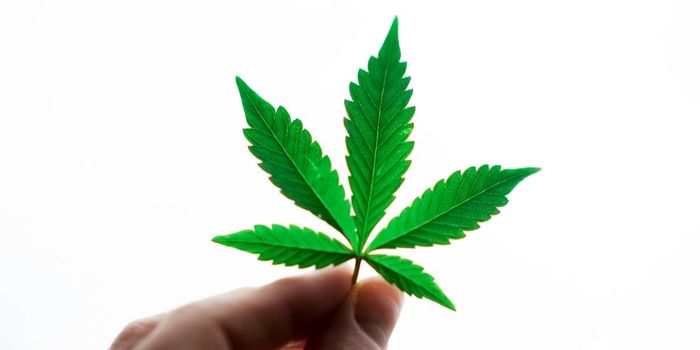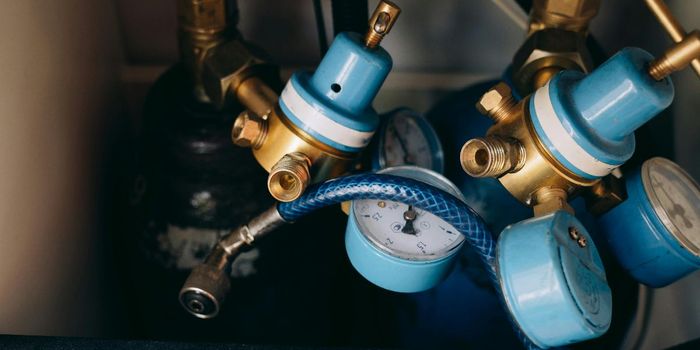Dopamine and Aversive Events
Researchers at the Netherlands Institute for Neuroscience examined how the dopamine system processes aversive, or unpleasant, events. The researchers found that exposure to aversive events slowed the release of dopamine. The study published in eLife showed how nucleus accumbens regulates dopamine during and before we experience aversive stimuli, but not the rate of prediction error.
Dopamine plays a critical role in motivation, learning, and movement. It is produced in the midbrain or ventral tegmental area (VTA). Previous studies have shown that dopamine cell signaling is activated by pleasant events and inhibited by aversive events. The dopamine system predicts the occurrence of rewarding experiences. This can lead to reward prediction errors, which are the difference between actually received and predicted rewards that never materialize. Dopamine neurons become more active when a reward occurs unexpectedly or if it is more than expected. These neurons show depressed activity when a subject receives less reward than predicted.
Dopamine release in the nucleus accumbens core (NAC) is closely linked to reward prediction errors in rats exposed to white noise. The researchers exposed rats to white noise in combination with stimuli that preceded the white noise, and they measured the release of dopamine in the brain. White noise is an unpleasant auditory stimulus for rats, and the researchers observed a gradual reduction in dopamine release during white noise exposure. After consistent presentation, the researchers observed an association between stimuli that occurred a few seconds before white noise exposure and reduced dopamine neuron activity. Dopamine did not encode a prediction error for aversive stimulus as it does for positive stimuli. The researchers concluded that, in addition to the typical predictive release of dopamine for positive stimuli, the dopamine system also helps the brain anticipate the occurrence and duration of unpleasant stimuli.
The study sheds light on underlying mechanisms for how drugs impact dopamine signals and influence neuroplasticity.
Sources: eLife, Eureka News Alert








